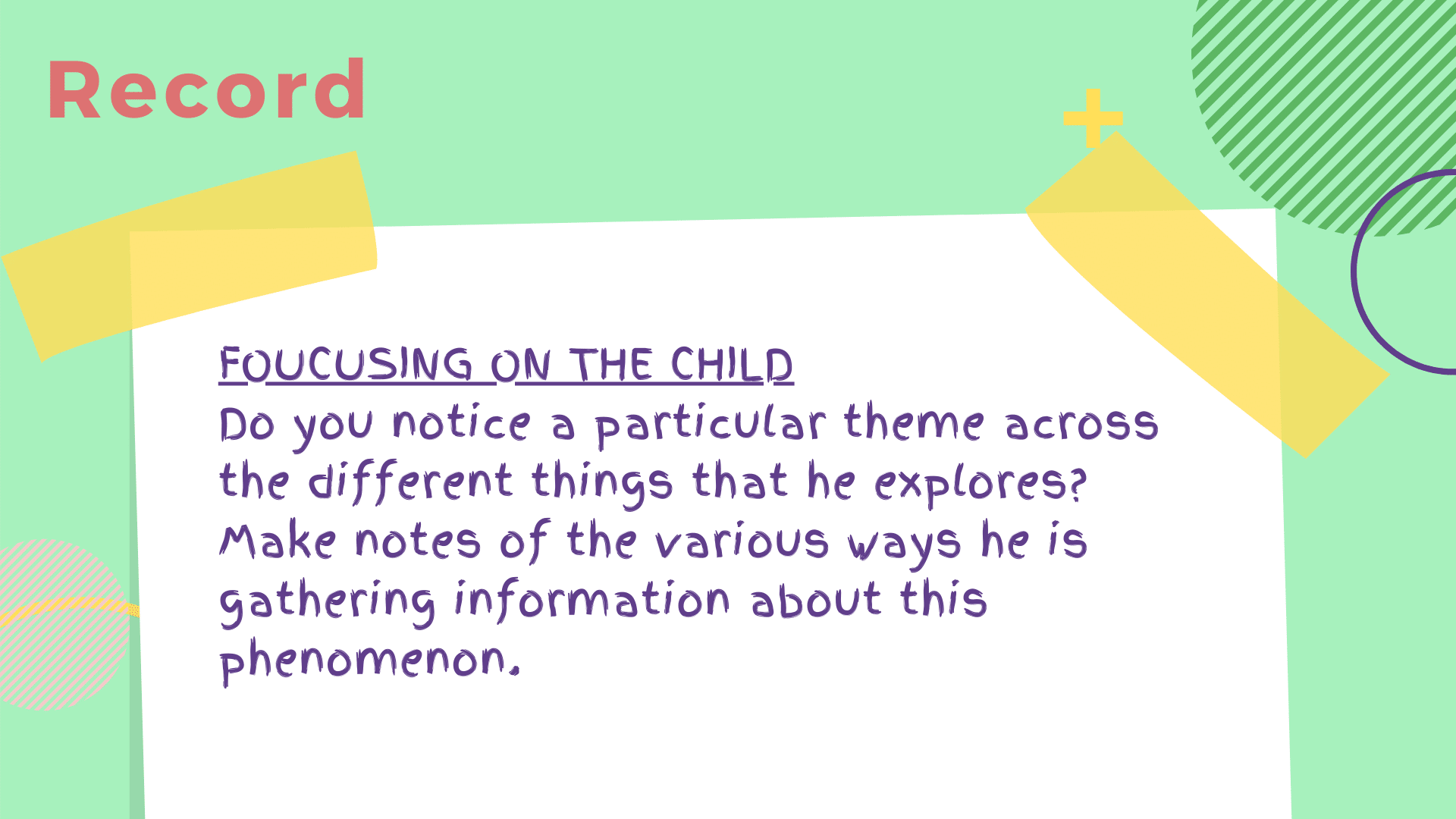This course will support how you understand and develop practice and provision throughout the Early Years Foundation Stage, and across the sector. The aim is to promote understanding of developmentally informed practice (DIP) through film clips and tasks to underpin professional discussion and reflection on the children in your setting.
As you move through each Area of Learning, the discussion and reflection you have will form the basis of what will eventually be the evidence for the Early Learning Goals. Reception Teams working through this course can use the materials to inform the Moderation process during the Summer Term
This is because moderation processes happen throughout the year. By enabling you to understand how mathematical skills develop in the early years, from birth to five. You can use these materials to inform how you meet the learning and development re. In this way the children you teach will receive a broad curriculum with opportunities to explore and embed thinking and learning.
Children are working out mathematical concepts from a very early age by playing, exploring, investigating and wondering. You’ll be surprised about how many mathematical opportunities there are in a day. Even young babies use skills that will eventually become mathematical problem-solving skills.
Throughout the course you will see examples of how this can be developed through the early years. It is important to notice and reflect on these examples as they are the vital foundation for concepts and knowledge to become embedded.
While you are watching notice what the child is doing, what the adult is doing, and how the environment and resources are used
How are practice and provision reflecting the statutory Overarching Principles, and Characteristics of Effective Teaching and Learning?
Notice for yourself the potential of the maths you can learn in the environment.
Realise the power of the environment. You don’t need worksheets and maths schemes. You do need to understand the mathematics you can offer and how children can achieve through it. Through this understanding of what children are exploring you can build on their ideas and thinking in more ways than just counting.
Learning about mathematics isn’t worksheets, work books and interactive white board work. And the concepts of mathematics are more than just counting and sums. It’s much broader than that. Maths can explain the entire universe. Time, money, measurement, age, position, shape, amounts, weight, distance. Have a think about the maths you have used so far today.
Task

Make a note of the mathematical concepts you have used today:
You set your alarm clock for a certain time
You made a cup of tea – You know how much water you need, how many spoons of sugar, How much milk is left when you put the pottle back in the fridge. The sequence of events that are needed to make the tea. (this could be shown in images for clues).
- How has this changed your thinking about what is mathematical. What provision does your setting offer?
